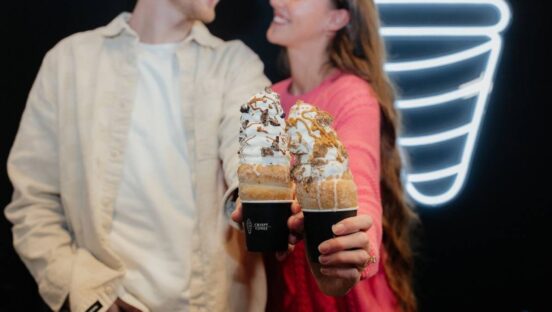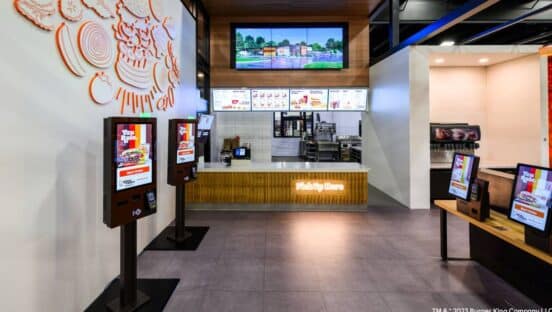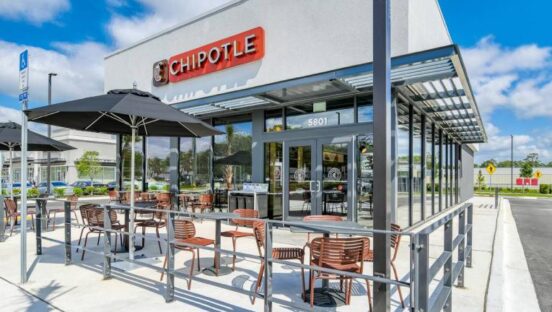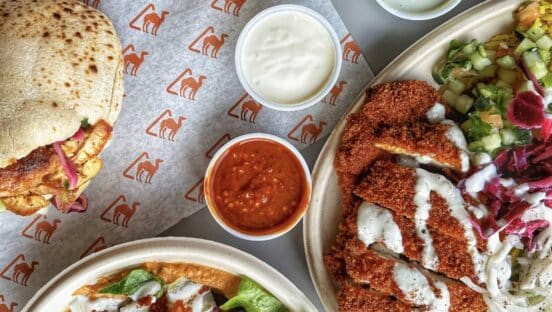As the vanguard of the Internet Age, Generation Y—the Millennial Generation—has been cast as a paradigm-busting demographic that requires businesses and marketing strategists to rethink everything.
But a recent study on Millennials finds that the demographic may be more similar to (and influenced by) its Gen X and Boomer counterparts than previously thought.
In fact, the study, “Culture of Millennials 2011,” challenges several widely held assumptions about Millennials, says Laurie Demeritt, president of Hartman Group, which released the study.
“Millennials are always held out as being so incredibly different from the Boomers and the Gen Xers,” Demeritt says. “What we found is that there are some things that stick out, but there really aren’t that many differences in terms of values and lifestyle and attitudes.”
The study finds that Millennials, whom it says represent $170 billion in spending power, might be less free-spirited thinkers than previously believed.
Of the 2,358 Millennials (defined as between the ages of 16 and 30) studied, 42 percent said their food and beverage brand preferences didn’t become established until they had a child, 33 percent said it didn’t happen until they moved out of their parents’ house, and 29 percent said they adopted their parents’ preferred brands once they started a family.
Further, 45 percent of Millennials surveyed said they were “comfortable eating a meal at home alone” versus 54 percent of Gen Xers and Boomers.
With an unprecedented percentage of college seniors moving back in with their parents after receiving their undergraduate degrees, it seems Generation Y is making up its mind about the brands they like much later than previous generations. It also could be more influenced by its elders than previously thought. The study shows that one-third of Millennials live with a relative, while roughly half of them still receive financial assistance from their parents.
The study comes off as something of a surprise for a generation widely regarded as being independent. This being the case, restaurants that have dedicated a considerable measure of energy and money to Gen Y marketing may want to reconsider their efforts, Demeritt says.
“We would not go tell our clients that they have to do a whole new marketing campaign because [Millennials] want to be communicated to differently,” she says. “The idea that they are so wholly different from what’s come before them, we think, is not true.”
Some quick serves have already figured that out. Taco Bell vice president of consumer insights Tom Wagner says the chain pursues “a mass-market approach to drive our business” because Taco Bell’s customer base is so broad.
Still, Wagner says it would be foolish to ignore Millennials, whom he calls the “sweet spot” of the consumer market because technology has given them so much power to voice their opinions.
“Millennials are a highly connected consumer segment,” Wagner says. “In many ways, they are in control of your brand’s communications outcome.”
“The thing they struggle with most is how to make a decision,” says Lee Igel, associate professor at the New York University Tisch Center for Hospitality. “It’s because they’ve grown up in a period where it’s very easy to talk to 10 people at once.”
But, Igel says, there is a way for restaurants to “punch through” Millennial indecision, and that is to present them with an “authentic” brand.
“To use an overused word, if you are not authentic in your marketing, advertising, and outreach, this generation … will see you from a mile away,” says Igel, who cites Chipotle, with its “Food With Integrity” branding, as one chain that is getting it right.
The Hartman Group study found that there are significant differences in Millennials’ preferences depending on whether they are living at home with their parents, living on their own, or living with their own children.
“If you look within the Millennial group, we actually find that they are a very heterogeneous group,” Demeritt says. “What became very clear … is that their [living arrangement] accounted for a lot of the heterogeneity.”
Other differences between Millennials and Gen Xers and Boomers include the fact that 12 percent of Millennials are “faithful vegetarians,” compared with 4 percent for Gen X and 1 percent for Boomers.
Also more Millennials “really enjoy” “new kinds of ethnic cuisine” and “anything new and different” than the other generations, suggesting they are on the whole more adventurous eaters.
Overall, the study suggests Millennials are far more complex than their reputation paints them to be. The data shows that they are heavily influenced by others’ tastes, but they also consider themselves individualistic.
They are health conscious, but they are more likely to say they “really enjoy” fast food than Gen X and Boomers. And they communicate with unparalleled savvy through Facebook and Twitter, but they don’t want companies to use those channels to communicate with them.
“Yes, they are complex,” Igel says. “But complexity is nothing new in the marketplace. People have always wanted things the way they want them. This generation is no different.”













